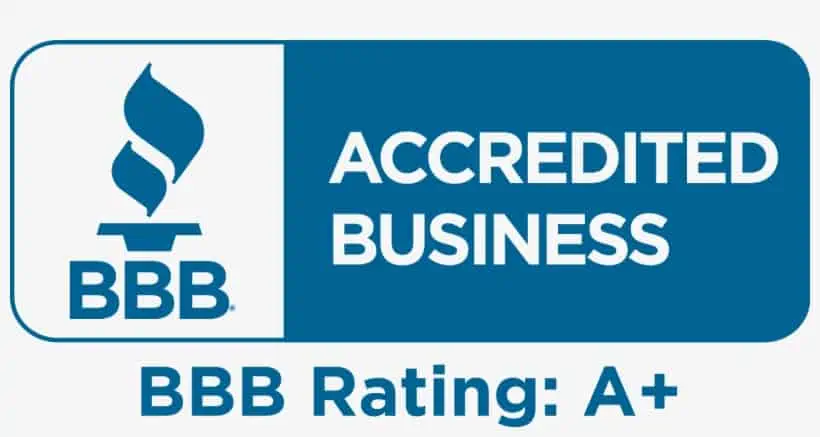
Checkbook IRA refers to a self-directed IRA that is invested in an LLC, which the IRA participant manages. Following is a breakdown of the checkbook IRA process and regulations.
Generally it only makes sense to open a checkbook IRA LLC if:
- You plan to invest in alternative investments such as real estate, promissory notes, passively in private company shares, tax liens and precious metal, to name a few.
- You want to manage and safe-keep the IRA investments.
- You want to greatly reduce IRA custodian involvement and more importantly high custodian fees. By having checkbook control over your IRA, which defers from a self-directed IRA whereby the IRA custodian processes the investment purchases and thus charges a processing fee, the IRA custodian fees are greatly reduced.
- You want to process investments timely. Reason being, since you have checkbook control over your IRA, you place the IRA alternative investments by writing checks and bypass the IRA custodians review of the paperwork, which is usually performed with their interest in mind not yours. In other words, when the IRA custodian reviews investment paperwork, they are not reviewing it with the intention to determine if it is legal since they are not serving in a fiduciary capacity but rather a custodian capacity. Therefore, the custodian simply review the investment paperwork to determine if they can hold the investment on their books. Often time, the IRA custodian’s initial review of the investment paperwork takes days and the final review even longer.
Reasons not to open a checkbook IRA LLC
For those who don’t have the time to manage their own checkbook IRA, don’t mind delaying investment purchases and/or paying high custodian fees, a self-directed IRA may make more sense. While the end-result is the same (i.e., the IRA can be invested in alternative investments such as real estate, promissory notes, tax liens, private placements and precious metals), the IRA custodian involvement is much greater. For example, the IRA custodian will charge a processing fee for each investment (both at the time of the investment purchase and when sold), investment holding fees (applies separately to each asset and charged quarterly), and annual administration fees.
Checkbook IRA Do’s and Don’ts
When investing in alternative investments such as real estate, promissory notes, tax liens, private company shares and precious metals, it is important to understand the checkbook IRA rules.
The Checkbook IRA Do’s
- Do open the checkbook IRA bank account in the name of the LLC, not in your personal name.
- Do use the LLC employer identification number (EIN) when opening the checkbook IRA bank account.
- Do title checkbook IRA investments in the name of the LLC, not your personal name.
- Do pay investment expenses associated with the checkbook IRA assets (e.g. for a real-estate property, this entails paying property taxes, property insurance and repair costs) using checkbook IRA funds not personal funds.
- Do deposit investment gains into the checkbook IRA bank account.
- Do manage the checkbook IRA but do not receive compensation for doing so.
- Do make IRA annual contributions to the self-directed IRA first not the checkbook IRA.
The Don’ts
- Do not use the checkbook IRA funds for your personal use.
- Do not use the checkbook IRA assets (e.g., for a personal rental property, do not live or vacation in the property).
- Do not perform repairs on real-estate property owned by the checkbook IRA as you are a disqualified party.
- Do not deposit personal funds into the checkbook IRA bank account.
- Do not process IRA distributions from the LLC; instead, return the funds that y0u want to distribute to the IRA custodian, as only the self-directed IRA custodian can perform the 1099-R reporting, so hence why the distribution has to be processed from the IRA.
Court cases that support the Checkbook IRA arrangement
Swanson v. Commissioner
Hallweg V. Commissioner
ERISA Advisory Opinion 97-23A



